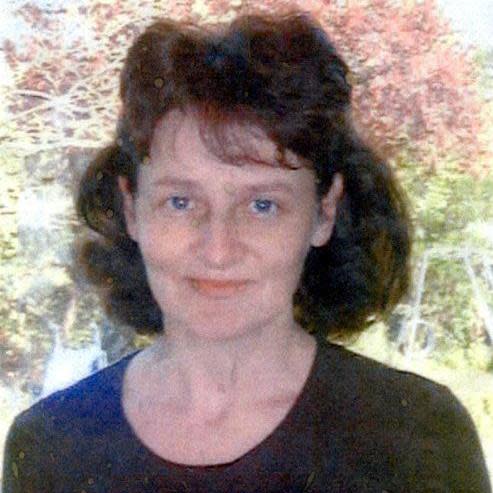Helen’s law: killer refused parole for failing to disclose where body hidden

A prisoner has become the first person to be refused parole under a new law that makes it harder for killers to be released if they refuse to reveal where they hid their victim’s body.
Glyn Razzell is serving a life sentence for the murder of his estranged wife, Linda Razzell, 41, who disappeared on her way to work at Swindon College in Wiltshire in March 2002. Razzell denied her killing but was found guilty by a jury and no trace of her body has ever been found.

On Wednesday the Parole Board said Razzell, now in his 60s, could remain in an open prison but could not be released. A document setting out the decision said Razzell had “maintained his innocence” and described his behaviour at the time of the killing as “controlling”. In custody, his behaviour had been good, he had been allowed out on temporary release but had not taken part in any courses or programmes to address his offending.
Regarding his “non-disclosure of information concerning the whereabouts of the victim’s remains”, it said: “Continued withholding of such important information suggested a need to retain a perception of himself and maintain self-preservation through keeping control of the narrative. This and a marked lack of empathy for those involved in the case were seen to bear on the panel’s risk assessment.”
He will be eligible for another parole decision in about two years’ time.

The Prisoners (Disclosure of Information About Victims) Act 2020, known as Helen’s Law, was enacted in January. Named after an insurance clerk, Helen McCourt, who vanished on her way home from work in 1988, the law will also apply to paedophiles who refuse to identify those they abused.
McCourt’s murderer, Ian Simms, was released last year despite never saying where he had hidden her body. Her mother, Marie McCourt, spent five years calling for the legislation before it finally gained royal assent in November after a series of political and constitutional setbacks.
Under the law, killers could still be released if no longer deemed a risk to the public, even if they refuse to disclose information. But the Parole Board will be legally required to consider whether they have cooperated with inquiries as part of their assessment.
Human rights laws prevent the UK introducing a “no body, no parole” rule, which the government said may have faced successful legal challenges in the courts.
It is hoped the form the legislation has taken will lead to more killers owning up to their crimes, providing answers for grieving families.

 Yahoo Finance
Yahoo Finance 